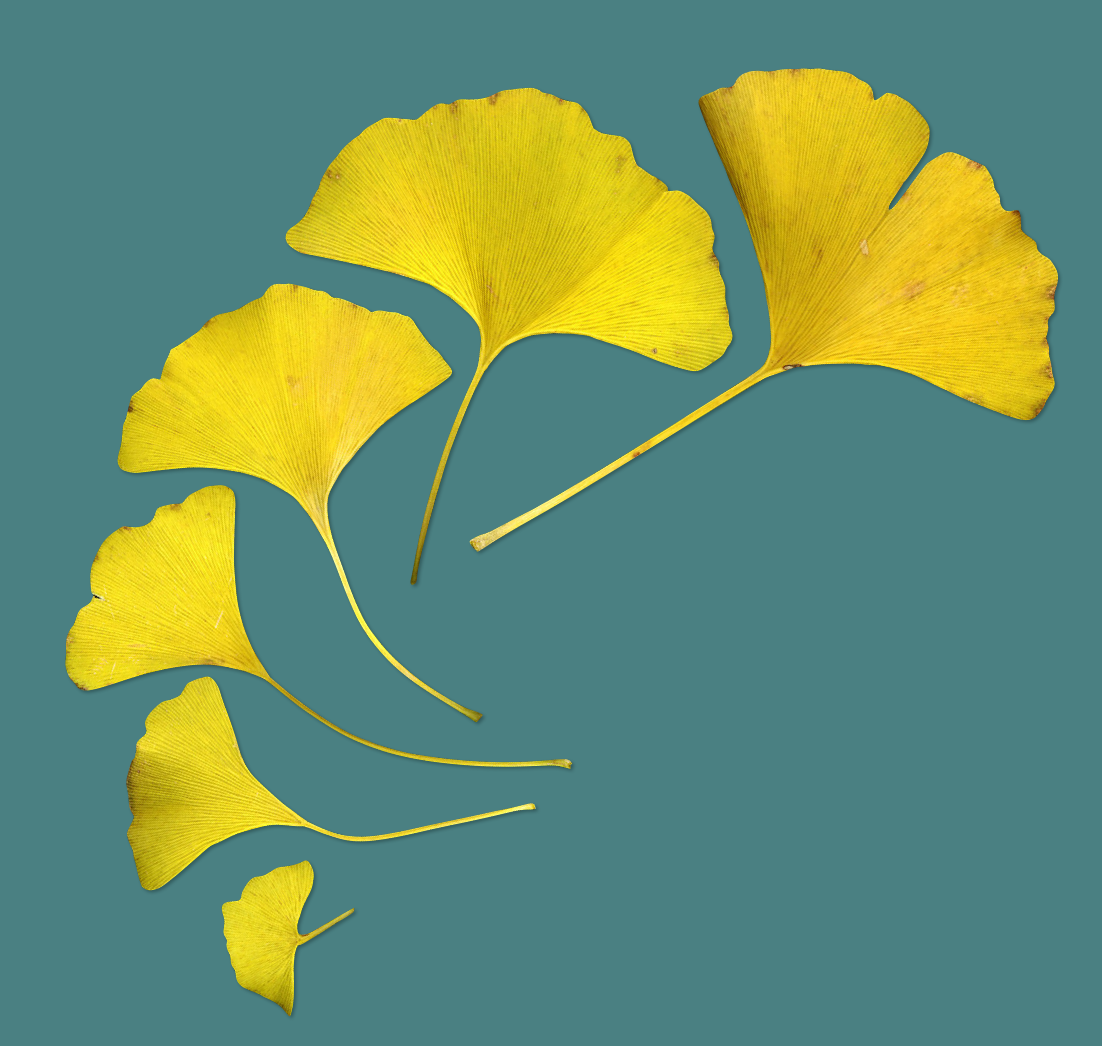Tips on getting a good night's sleep
One of the bane’s of modern lifestyles is a tendency to sleep less, and for many, to sleep badly and wake unrefreshed. What we really need is more sleep, not less, to deal with the extra stresses of modern city life. A good night’s sleep has become a precious and rare thing for many people.
There are some simple things you can do to help yourself sleep better.
1. Don’t drink caffeine after midday. It is surprisingly common for people to drink coffee, tea, green tea or caffeinated cool drinks, well into the afternoon and even after dinner. The half life of caffeine in the body is 6 hours, so if you have a coffee at 3 pm half of the caffeine in that coffee is still in your veins at 9pm. This could definitely contribute to poor sleep.
2. Minimise blue light after dark. Blue light tells our brain it is daytime, and guess what our computer, TV screens and LED lights emit? Blue light. Studies have shown this affects our circadian rhythms, and is affecting our brains negatively. There is a free computer program you can install called Flux which will automatically take out the blue light of your computer screen after sunset, to help your brain prepare for sleep. Other than that- minimise screen time after dark if you want a good night’s sleep, and keep the lights dim, rather than imitating daytime. Take all digital lights and electronics out of the bedroom and sleep in a dark room.
3. Go to bed at the same time each night, as much as possible. Some daily rhythm helps our subconscious know when its time to slow down and get some sleep. The best hours for regenerative sleep for most people are between 10pm and 2am.
4. Melatonin is created in the morning when we get up and spend some time getting sunshine on our skin and in our eyes. Then at night time it is released in the brain, giving us the right type of sleep. To encourage this naturally, go and have your first cuppa or your breakfast sitting in the morning sun, and soak it up (instead of checking your email!). Or take a morning walk. Don’t stare at the sun, but don’t wear sunglasses either. Let your body know it is morning, time to be active and awake, through your eye and skin receptors, so that your circadian rhythms adjust themselves- then at night time, turn down the lights, get off the computer at least an hour before bed, and read a book, meditate or play a board game.
5. Drink herbal teas such as chamomile tea after dinner to help your body wind down. No chocolate or sugar after dinner (too stimulating).
6. Use essential oils such as lavender or Roman chamomile, in a bath blend, or put a drop on your pillow, to help you relax. These are age old herbal remedies for helping us let go and sleep better, as well as to lower anxiety and stress.
If you find these sleeping tips are not enough to help you get a good night’s sleep, it may be beneficial for you to have an appointment with a Naturopath to evaluate what else is going on for you, as there may be deeper reasons that need some attention. Good quality sleep is so important to our sense of happiness. As Naturopaths we aim to help you find true health and wellbeing, using the latest research combined with the laws of nature.








